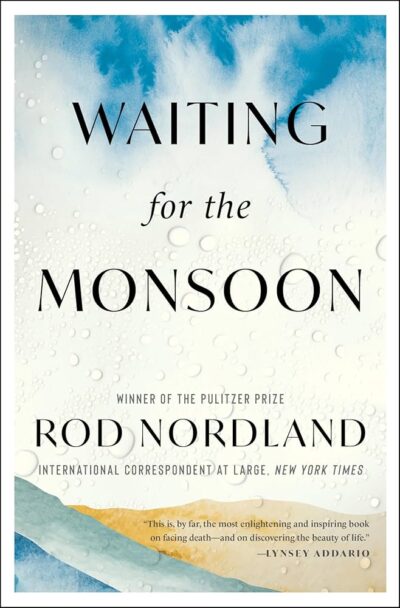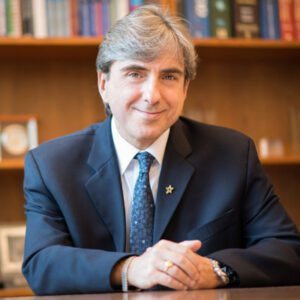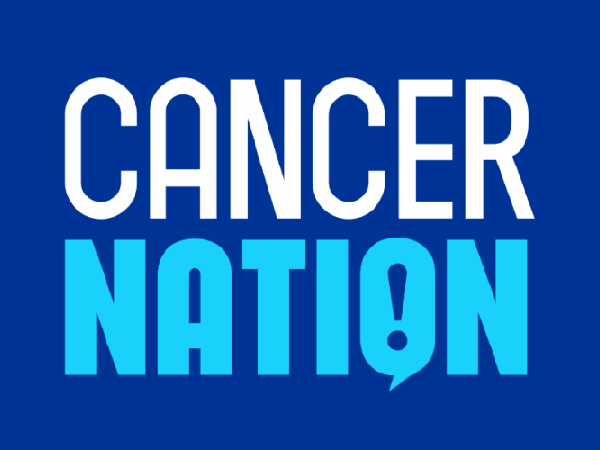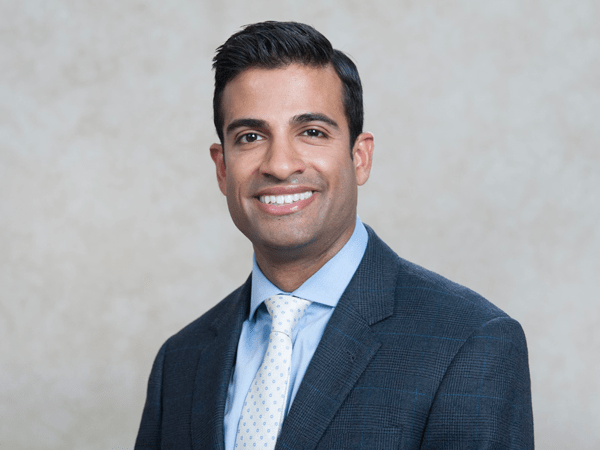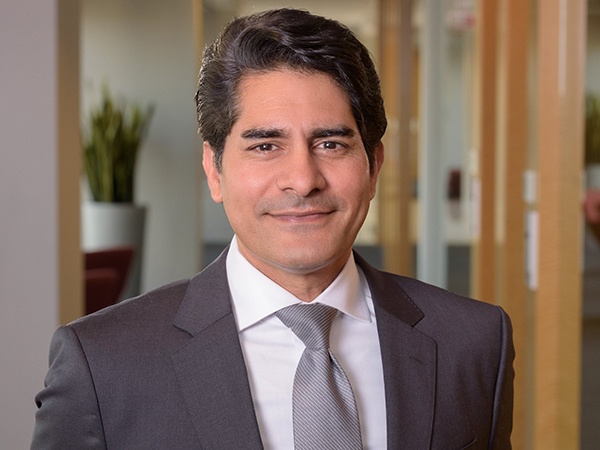Cancer does not discriminate. It can affect poor and rich, old and young, ordinary people and celebrities, and people from all walks of life. The diagnosis of cancer is almost always unexpected, sudden, and shocking, independent of social status, education, or profession.
It is important, of course, to overcome the initial shock of the diagnosis and find appropriate medical teams, aiming for cure or control of the disease, when cure is not possible.
The challenge of dealing with the diagnosis of a potentially fatal disease impacts many parts of patients’ lives, including social, professional, financial, and personal. The impact of a cancer is always very personal and can be quite different from person to person.
There is no “good” or “bad” way to react to such a diagnosis. There is a personal way. Although the medical outcome depends on having good doctors and using cutting edge treatments, the ultimate impact of the disease at other levels depends on many factors and can be quite variable.
In the book “Waiting for the Monsoon,” Pulitzer Prize-winning journalist, Rod Nordland, describes the spiritual and social evolution he experienced while dealing with glioblastoma.
Nordland is someone who had confronted death repeatedly, but indirectly, during his presence in war zones as part of his job. But after collapsing while exercising and getting diagnosed with a highly fatal tumor, he suddenly directly and personally faced the possibility of dying.
At that point, he realized that he had become himself a prospect of imminent death, a clear reminder of human mortality.
While describing his medical journey in this book, he deftly weaves past and present, darkness and light, rejection and reconciliation, seeking to define life’s meaning.
“Waiting for the Monsoon” is a powerful memoir. Nordland describes getting a ‘second life’ once faced with GBM. This second life is made rich by the power of gratitude and love. Nordland embraces this new, unfamiliar, war zone with humor and resilience, reminding us of what our patients face daily and giving hope to everyone dealing with this terrible disease.


